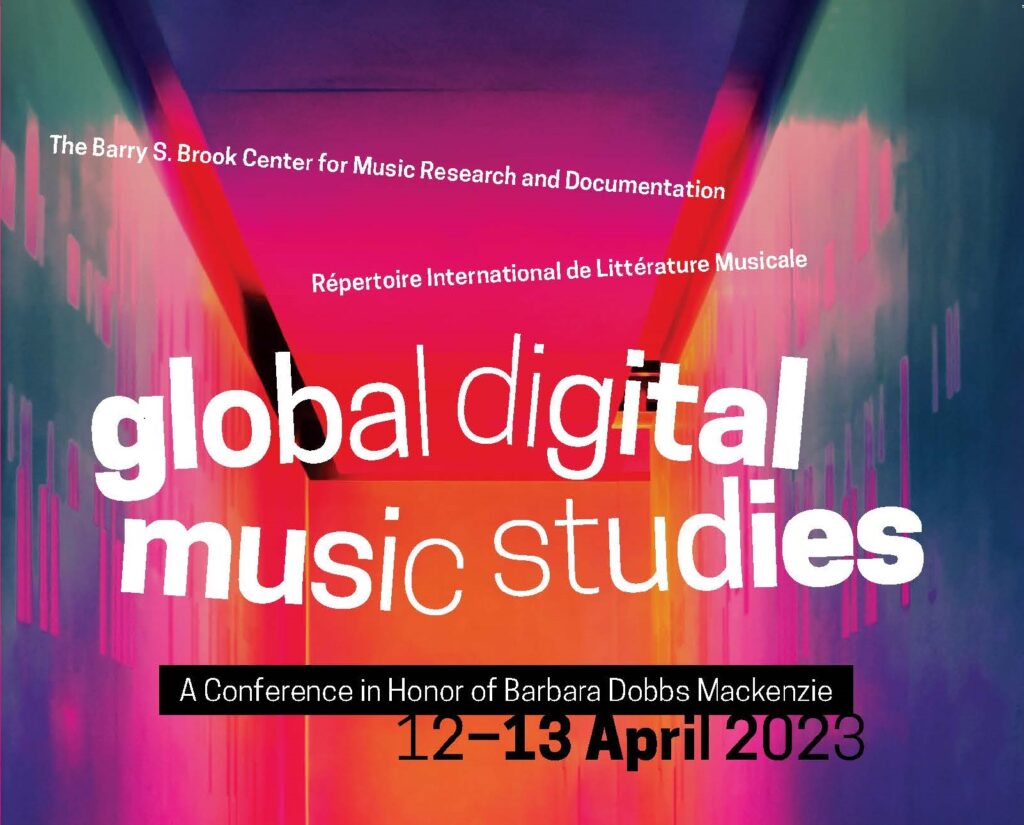UNESCO has argued that the Covid-19 crisis is a reminder “that we should nurture the socially-beneficial applications of digital technologies and focus on improving access and uses in countries where it is lacking.” Building on this and keeping true to its mission, RILM seeks to bring together researchers, educators, and librarians interested in the ways digital technologies intersect with music studies worldwide and in its broadest sense, encompassing all branches: historical musicology, ethnomusicology, music theory, as well as popular music studies and other fields.

The conference provides a forum for debate across the humanities, arts, and sciences to assess and address how digital music studies can be globally relevant and respond to broader questions of sustainability and resilience. The aim of the conference is to inspire new models for generating and disseminating musical knowledge with digital technologies that have the potential to engage and connect music research communities worldwide. Further, how can the educational sector benefit from technological advances and continue to use those innovations to develop new models and practices? How can digital technologies reshape and transform scholarly, creative, and pedagogical practices to make them more equitable (a long-term challenge for global communities at large)? How can digital sustainability be rethought for music studies in an age of climate crisis? What does all this mean for the development of digital libraries tailored to musicological research?
This conference is an in-person event and takes place at The Graduate Center, The City University of New York, at 365 Fifth Avenue, New York, NY 10016. Accommodations are made for attendees and presenters not being able to travel.
The conference honors Barbara Dobbs Mackenzie’s 30 years of service to RILM, first as Editor, and from 1996 to 2022 as its Executive Director. Dr. Mackenzie has been instrumental in driving forward RILM’s mission to document the world’s knowledge on all musical traditions, and to make this knowledge accessible to research and performance communities worldwide via digital collections and advanced tools. RILM’s collections aim to include the music scholarship of all countries, in all languages, and across all disciplinary and cultural boundaries, thereby fostering research in the arts, humanities, sciences, and social sciences.
PROGRAM
This event is cosponsored by the DAAD Alumni Association USA.
